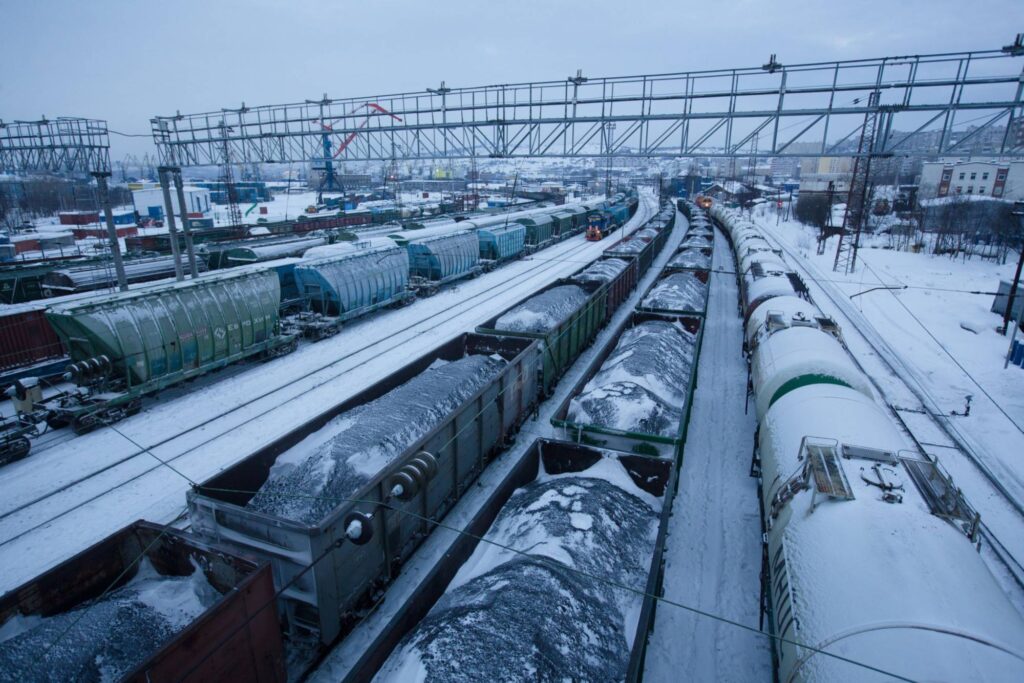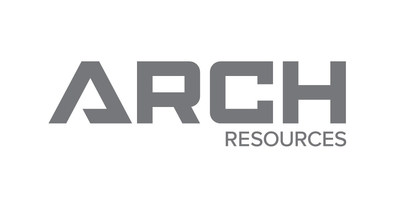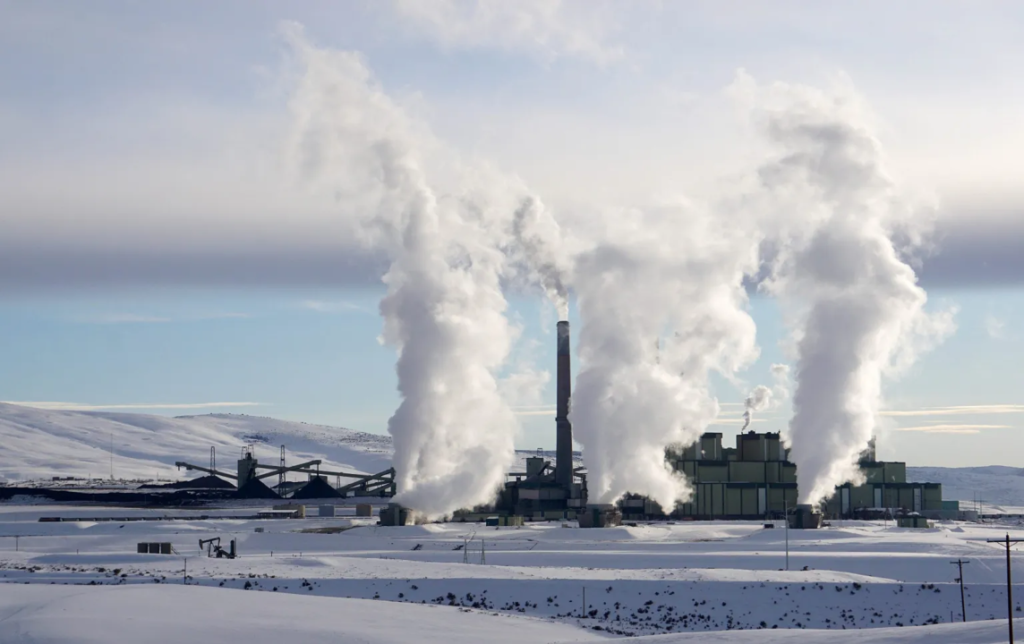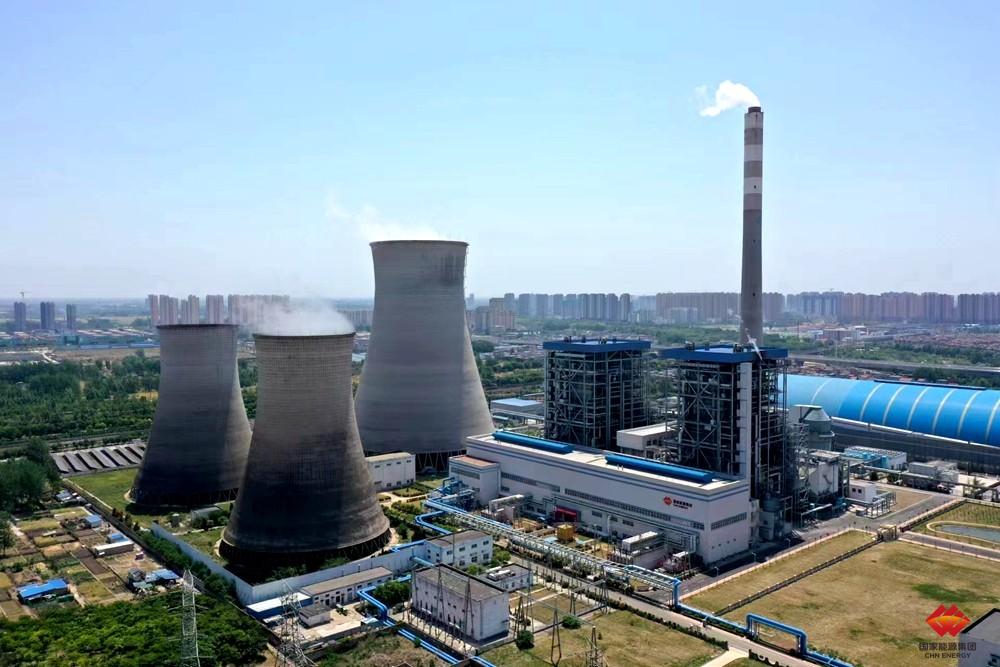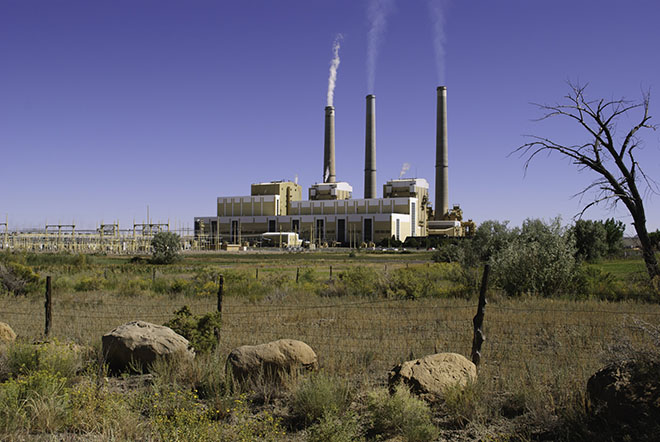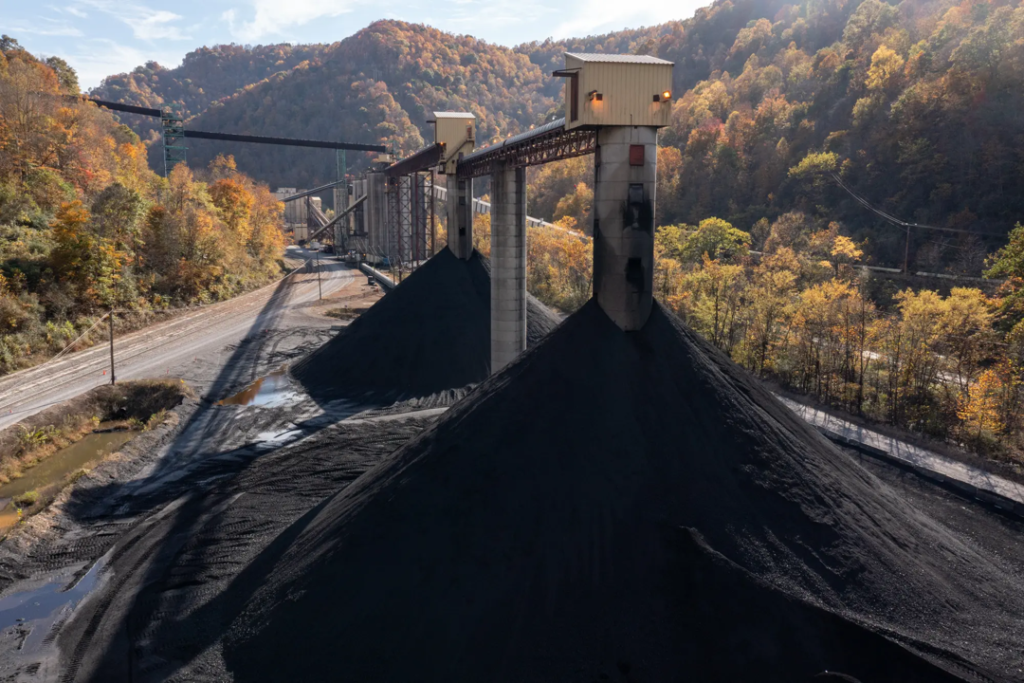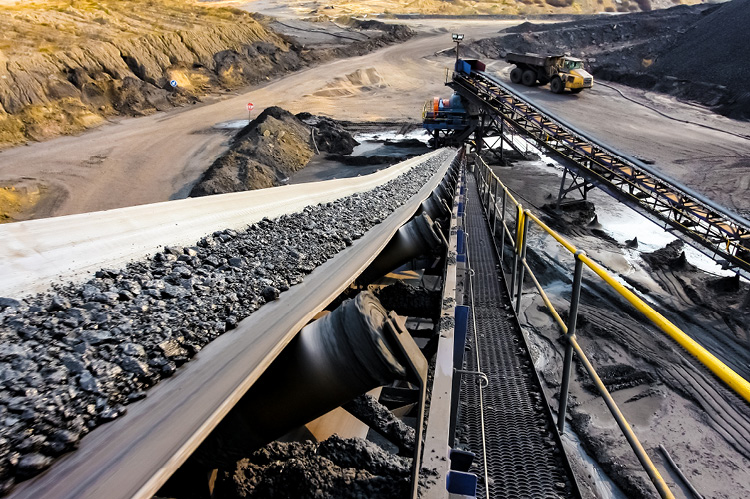The federal government should step in and back development of coal-to-liquid fuel to encourage hesitant coal producers to spend billions of dollars building CTL plants, a senior coal mining executive said. The call by Consol Energy’s chief financial officer, William Lyons, comes as U.S. senators are meeting this week to hammer out an amendment to an energy bill to include provisions for CTL technology.
“I think the government has to come in and guarantee this,” Lyons said on Tuesday during a presentation at a JP Morgan conference on basic industries.
Asked whether Consol was committed to developing CTL technology, Lyons said: “There is no doubt that coal-to-liquids and coal gasification works.
“(But) It’s going to take a lot of capital, and I’ve seen numbers anywhere between 3 to 5 billion dollars in order to do a substantial coal-to-liquids plant.”
He said that to make CTL feasible, oil would have to be selling for $55 or more per barrel. It was trading at over $69 in London on Wednesday.
“The bottom line is that we’re not going to spent 3 million dollars to built a coal-to-liquids plant that we’re not sure is going to take off,” Lyons said.
Fuel using CTL, which was originally developed in Nazi Germany, has been used by the U.S. Air Force in recent test flights of aircraft.
Pittsburgh-based Consol, one of America’s biggest coal miners with 4.3 billion tons of reserves, has formed an alliance with Headwaters Inc. to explore the development of coal-based liquid fuels refineries. Consol also entered into a joint venture agreement with a subsidiary of oil company Chevron Corp. to develop a mine at Youngs Creek in Wyoming with CTL possibilities.
Lyons said he viewed the issue as one of national security. “Why do we want our military depending on foreign oil that comes from the Mid-East? If the federal government would just track that output…I think these things would be built.”
The concern, he said, was that oil-producing countries might lower prices. “They just drop the price of oil and all of a sudden it’s not economic and you’re sitting there with a plant that you can’t do anything with.”
Meanwhile, the Coal-to-Liquids Coalition — comprising coal producers, labor unions and industries such as airlines and railroads that use fuel — is hopeful a CTL amendment will be included in the energy bill by week’s end.
“There is considerable support on both sides of the aisle,” spokesman Corey Henry told Reuters on Wednesday.
Criticism
The environmental group Natural Resources Defense Council recently attacked liquid coal as “not a viable option,” since it still involves burning carbon.
“Diesel and other liquid fuels are an expensive, inefficient process that releases large quantities of heat-trapping carbon dioxide into our air. Fortunately, better, cleaner options exist to reduce America’s dependence on oil,” the NRDC said.
In response, the CTL Coalition released a statement from National Mining Association President Kraig Naasz.
“CTL fuels are clean. Of that there is no doubt,” he said, citing a 2001 study by the Department of Energy’s National Energy Technology Laboratory.
“CTL diesel fuels will emit less carbon dioxide than the fuels they replace. In addition, CTL fuels will significantly reduce emissions of harmful pollutants such as sulfur dioxide, nitrogen oxide and particulate matter,” Naasz said.
Spokesman Henry said the NRDC attack was misleading, since it failed to mention that CTL developers were committed to carbon capture storage.

